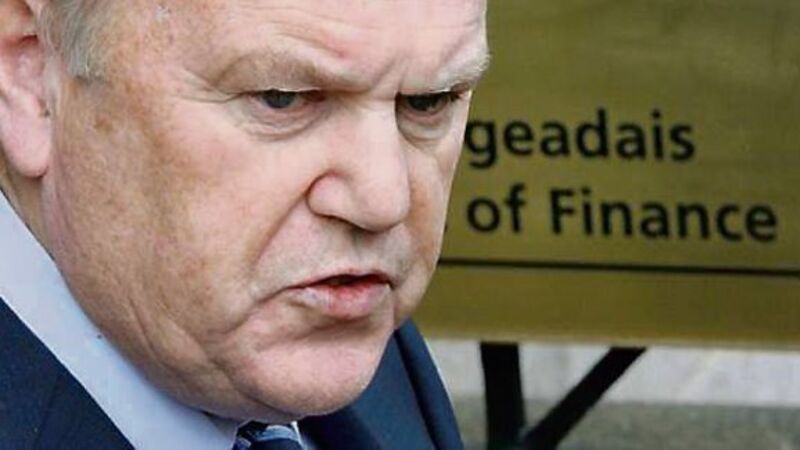Reducing USC could cost exchequer €1.86bn over four years

Options for reducing the USC, which currently raises a huge €4bn a year, is one of a number of Government pledges costed for the first time in papers released yesterday by the Department of Finance.
Civil servants say it is the first time that such tax documents have been released to the Oireachtas and the public before budget day.
















